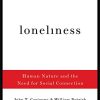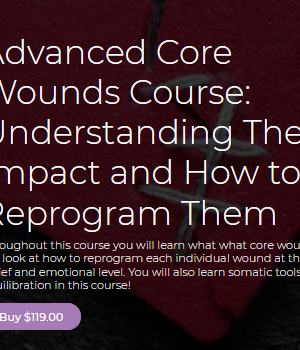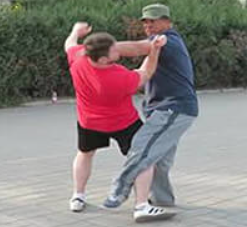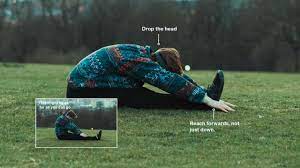Elliot Greene, Barbara Goodrich-Dunn – The Psychology of the Body
$68.00 Original price was: $68.00.$32.21Current price is: $32.21.
Paperback: 304 pages/ Publisher: LWW; 2nd edition (February 14, 2013)/ Language: English/ ISBN-10: 1608311562/
Elliot Greene, Barbara Goodrich-Dunn – The Psychology of the Body
The Psychology of the Body provides massage therapists, bodyworkers, and other professionals who use contact with the body with a greater understanding of the psychological issues that can arise from using touch in their therapy sessions. This new edition continues to provide a crucial basis of knowledge for students, recent grads, and experienced therapists alike regarding the emotional impact of effective therapy. The book describes the connection between the body and the mind, how touch affects this connection, the client’s emotional reaction and release, and how to respond to the client in an appropriate manner. With a new, more colorful layout, this new edition has 50% more content and has been fully revised to address the latest science around this topic. For instructors, prepare your students to appropriately identify, understand, and respond appropriately to all aspects of the therapeutic relationship, including the phenomenon of emotional release, dealing with boundaries, effective interpersonal communications, and a body-based approach to ethics. Furthermore, in-text features aim to help students apply their learning to actual practice. Teaching resources like power point presentations, lesson plans, and tests with answer keys are available.
Review
“This is an interesting book, a real positive for settings in which touch is part of therapy. All too often, the nature of touch is not considered in healthcare — what it means to the patient who feels the touch, how can it be harnessed to help the patient, etc. This book does a very fine job of sensitizing readers to the emotional considerations involved. It links anatomy to psychology and psychology to emotion, providing a context for the emotional release that touch can engender that practitioners should be aware of.” — Dana J Lawrence, DC, MMedEd, MA (Palmer College of Chiropractic)
“Expertly explains emotional release, chronic patterns of tension that dampen emotional expression, and methods for responding professionally and effectively.” — Book News
From the Back Cover
Written for students and experienced practitioners alike, The Psychology of the Body explores the intricate connections between the mind and body and the underlying psychological factors that influence the therapist-client relationship and the outcome of your work. As a manual therapist, your efforts can affect your clients’ physical bodies, as well as their psychological and emotional states.
- Learn to understand and identify the phenomenon of emotional release and how you can respond effectively and responsibly.
- Discover ways for choosing methods and techniques that are both physically and psychologically suited for each client.
- Gain a greater understanding of boundary issues concerning ethical behavior and learn how to use a therapeutic frame to maintain these essential boundaries and provide a “safe space” for your clients.
- Examine factors that may indicate when and how to refer to and collaborate with mental health professionals.
Highlights:
- Suggestions for applying concepts of practical issues through actual practice and self-directed exercises
- In-depth discussions of chronic tension patterns with psychological issues, how to select the appropriate therapeutic strategy for each, and how you can work to release these patterns
- Case Studies and new art bring to life the concepts and methods discussed
- New Cultural Context boxes addressing cultural differences in approaches to mental health and related practices
- From the Inside Out boxes provide readers with opportunities for self-exploration
- A clear explanation of the difference between massage and psychotherapy and the appropriate limits of psychological intervention for massage therapists
- Basic information about the more commonly occurring mental health conditions that you may encounter, along with how manual therapies may be applicable
Be the first to review “Elliot Greene, Barbara Goodrich-Dunn – The Psychology of the Body” Cancel reply
Related products
Business & Marketing
Personal Development
Personal Development
Personal Development
Personal Development
Personal Development
Personal Development
Personal Development













Reviews
There are no reviews yet.